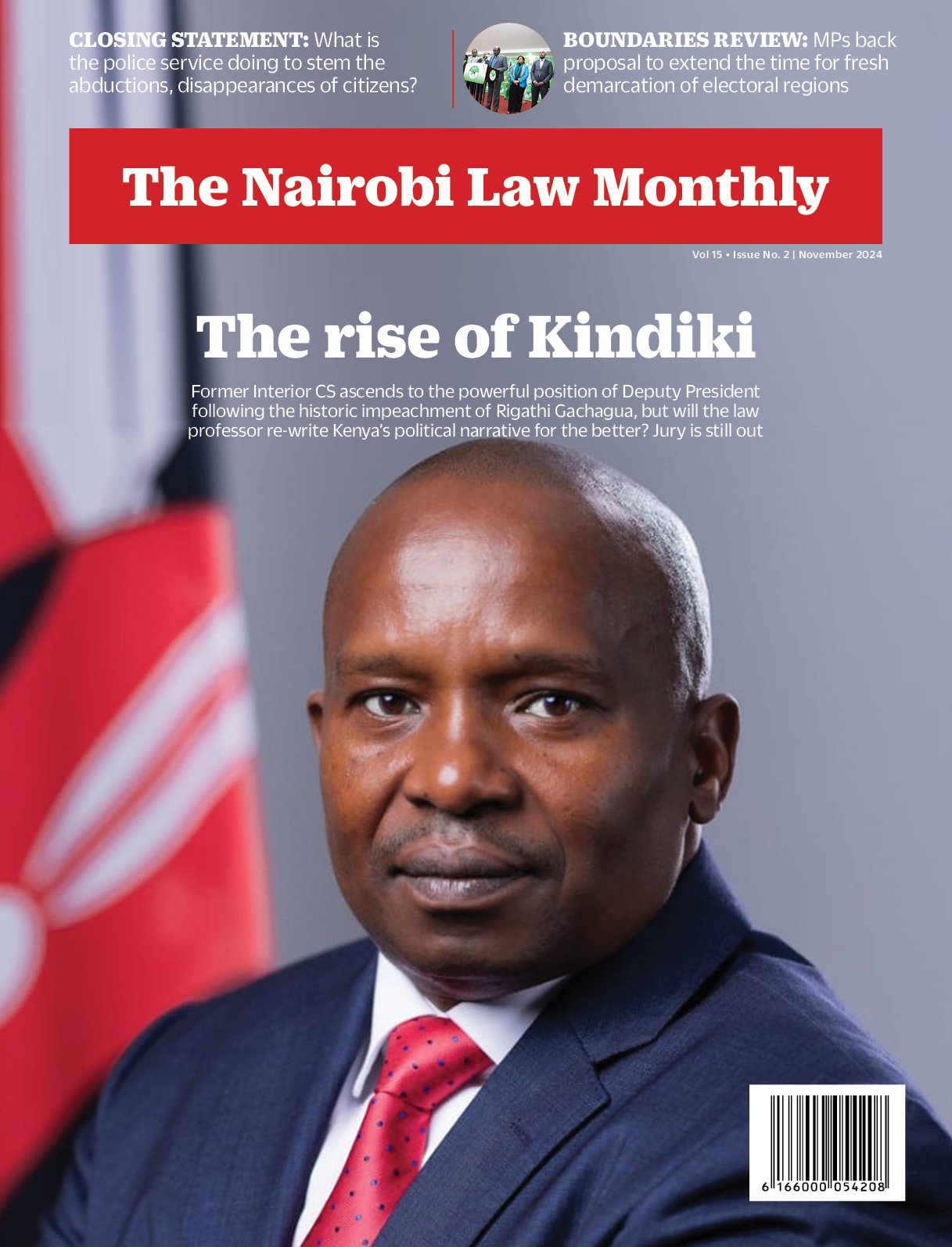The High Court has dismissed an appeal filed by Safaricom over a ruling that had compelled it to pay Sh452,868 to a customer whose mobile phone was stolen and money withdrawn from his M-Pesa account.
The court, sitting in Nairobi, dismissed the appeal by Safaricom arguing that the company had the duty of care to protect its customers’ data and account details from breach by outsiders and third parties.
In the judgment issued by High Court Judge A.N. Ongeri, the court disagreed with the arguments by Safaricom that it had done all that it could to prevent the loss of funds, including by blocking the customer’s SIM card upon request.
The mobile operator had also argued that the loss happened outside of its mandate and was a responsibility of a third party – NCBA bank – which managed the M-Shwari platform from where the funds are said to have been stolen from.
Justice Ongeri, however, disagreed, saying that as the primary custodian of the M-Pesa platform, and following a request by the customer to have his SIM card blocked, Safaricom bore the responsibility for the loss.
The ruling came after Safaricom moved to the High Court to appeal a judgment that had been issued by Nairobi resident magistrate Velniah Mochache compelling it to compensate Ronald Wilson Kafwa Sh452,868.
Kafwa had moved to court after he lost his mobile phone and had funds withdrawn from his M-Pesa account despite asking Safaricom to block his SIM card.
In papers tabled before court, Kafwa argued that when his mobile phone was stolen on October 10, 2021, he informed Safaricom of the situation and asked the mobile operator to have his SIM card blocked.
However, on making the request he was asked to provide his identity card or police abstract to facilitate the process. At the time, about Sh298,812 had already been withdrawn from his account.
Safaricom would later block the SIM card, after he provided his identification details, but upon requesting the company to later unblock his SIM card again, an additional Sh116,505 had been withdrawn from his M-Shwari account. He again asked the company to block his SIM card a second time.
He later sued Safaricom demanding a refund of Sh751,680 which he said had been withdrawn from his M-Pesa account, accusing the mobile phone operator of letting him down ever after he had taken all the necessary steps to block all transactions.
Safaricom on the other hand, argued before the magistrate and the High Court, that it was not responsible for the loss, and that the loss might have been a responsibility of a third party.
The company, for instance, argued that M-Shwari, where funds are said to have been withdrawn from, was operated by NCBA bank, and not Safaricom.
The mobile phone operator also argued that Kafwa might have shared his PIN details with third parties, and that the process of acting on his requests to have the SIM card blocked was delayed since he had been subscribed to the “advantage hybrid Tarrif”.
But in his ruling, Justice Ongeri disagreed with the mobile operator, arguing that Safaricom had the fiduciary duty of care to act with diligence after Kafwa reported the loss of his telephone and took all the necessary steps to have all the transactions blocked.
The judge argued that Safaricom was in breach of the duty of care owed to the respondent and as a result the respondent lost the Sh452,868.
He argued that according to the evidence tabled before court, Kafwa took all the necessary steps to bring the issue of the loss of his mobile phone and have his SIM card blocked to the knowledge of Safaricom.
“On the issue as to whether the appellant was responsible for the loss incurred by the respondent, I find that the answer is in the affirmative. The appellant was in breach of the duty of care owed to the respondent and as a result the respondent lost Sh452,868,” the judge ruled.
The Judge further ruled that on the issue as to whether Kafwa was responsible for his own loss, he believed that the trial court was right in holding that Safaricom was responsible only for the loss incurred before he reported to the appellant.
He further argued that there was no evidence that Kafwa had disclosed his PIN to third parties as had been argued by Safaricom.
“I find that the respondent took the necessary steps to bring the issue to the knowledge of the appellant. I find that there is no evidence that the respondent disclosed his pin to 3rd parties or that he was involved in the fraudulent withdrawals,” Justice Ongeri ruled.
“I find that it was the duty of the appellant to ensure that the sim card was blocked after the respondent reported the matter,” he added.


